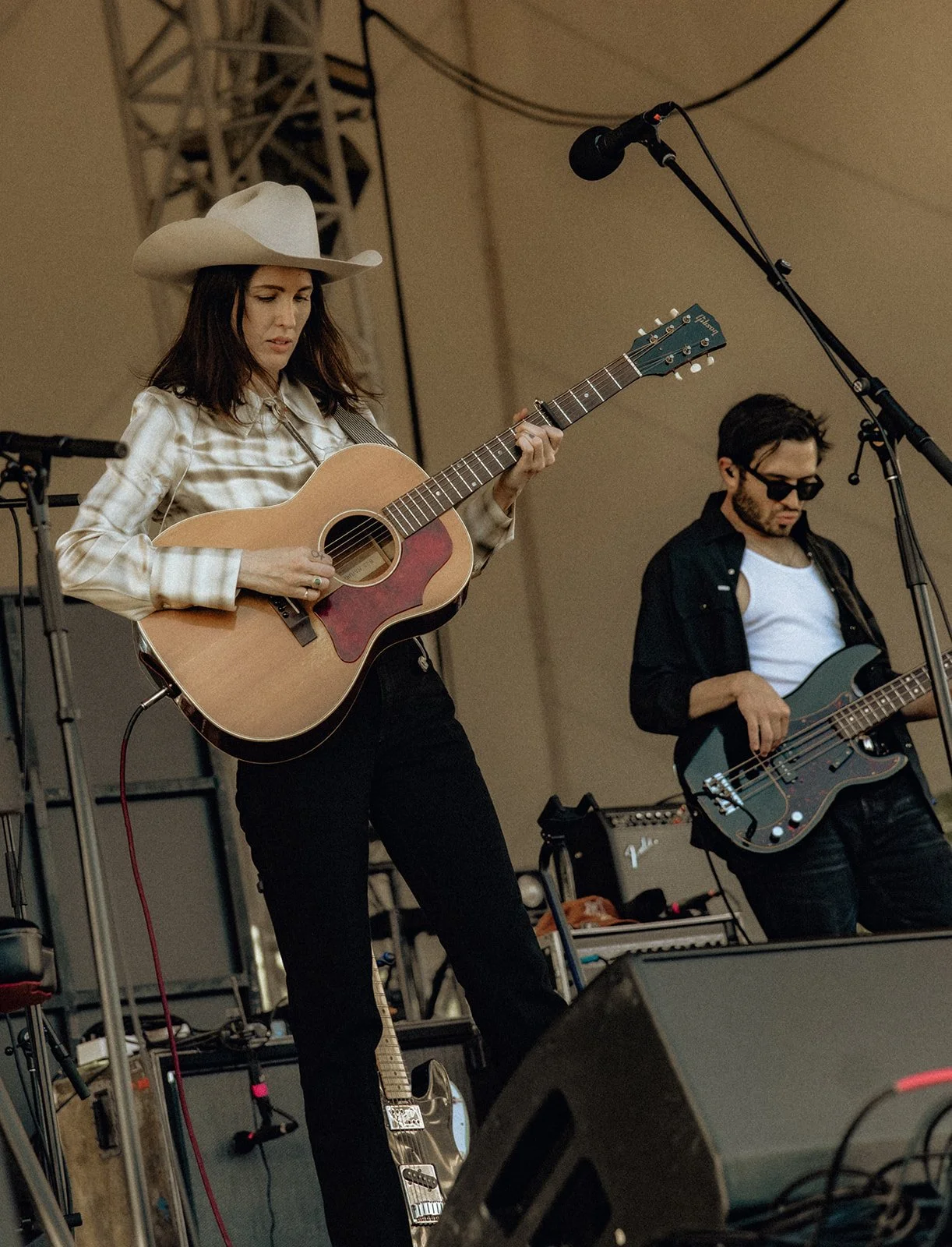FEEL GOOD
Pitchfork once called me “one of the most exciting and skillful storytellers” working today. It feels weird to write down about myself but I don’t take it lightly, because my life has given me stories I never imagined I’d tell.
I grew up on the West Coast, a kid in boots making up songs before I could write them down. Music carried me through early career highs, brutal lows, addiction, and nearly a year in the Los Angeles County jail. When I wrote my first record, Felony Blues, I was turning survival into song. When I found sobriety, I started to unpeel the layers of myself, my queerness, my gender identity, and my own voice which lead to Neon Cross, a record that opened the door wider than I’d ever allowed before.
My most recent work, Feel Good, is about healing and freedom. I wanted to challenge the boundaries of what country was to me, to bend it around soul, groove, and psyche, while still staying rooted in storytelling. For me, I never want to fit a mold, it’s about making space for outliers, for queer love, for joy, for resilience.
This is the journey I’m on - to heal, to use any means I can to stand up for those I love, live honestly, write fearlessly, and keep singing until all the stories are out of my being. If that speaks to you, you are welcome here.
Albums: Felony Blues (2017), Neon Cross (2020), Feel Good (2023)

